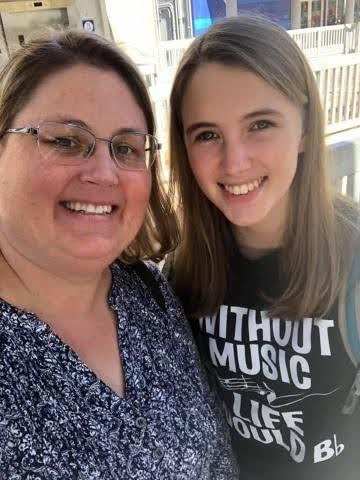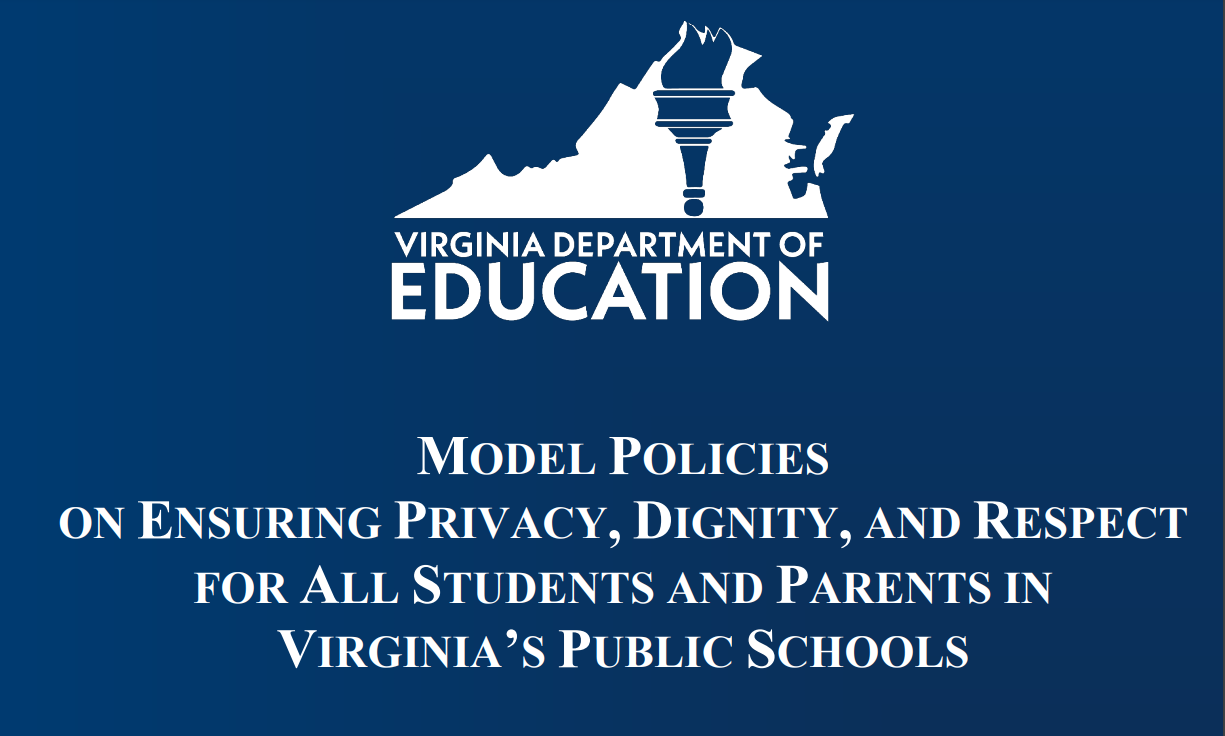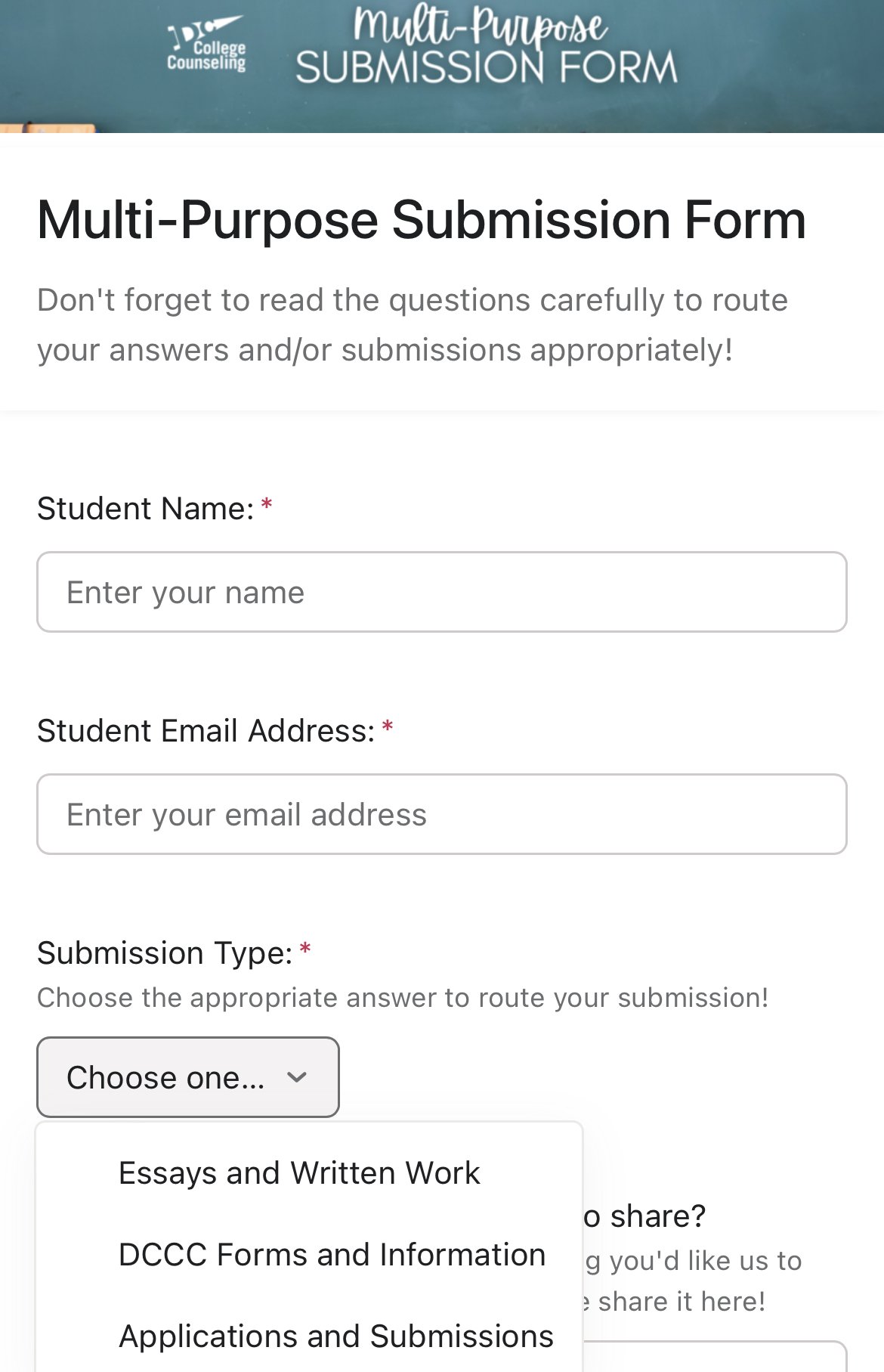December’s arrival means students are finishing up any remaining regular decision supplemental essays and applications. Every year our students tell us how happy they are to be done well in advance of the winter break and January deadlines! While we all hope that the early admission decisions will bring good news, it takes some of the pressure off to know that all of the essays are finished, no matter what.
BIGGEST COLLEGE-RELATED NEWS OF THE WEEK
UVA RELEASES ED AND EA NUMBERS
The Cavalier Daily reported that the University of Virginia received 42,093 early action and early decision applications—an increase of 3.4 percent over last year’s early application totals and a record number of first-year applications. Early decision applications rose by 4.4 percent for a total of 4,428 applications, while early action applications total 37,665. UVA has also announced that early decision applicants will receive notification of their decision by December 15, and early action applicants will receive decisions by February 15. In a change this year, students who apply under either the early decision or early action plan will receive a decision of admit, deny, or waiting list and will no longer be deferred to regular decision.
FAIRFAX COUNTY SCHOOL BOARD APPROVES COURSE CHANGES
All new courses and changes to GPA weighting or classification of a course (from optional to standard or vice versa) must be approved by the Fairfax County School Board each fall. In their November meeting, the school board approved new options in career pathways—including courses in pilot training (for both manned and unmanned aircraft), healthcare careers, and welding, as well as a new online computer science course in artificial intelligence programming. In addition, they approved making the “Cybersecurity Fundamentals” course available at all FCPS high schools. The complete list of changes is available to the public.
BEST ARTICLES OF THE WEEK
While you should take some of this with a grain of salt—schools like Vanderbilt, Wash U, and Emory are not exactly "Plan B" for even the most qualified applicants out there—maybe Plan A-Part 2?—this New York Post article brings up an interesting point about a trickle-down effect that might result from students avoiding Ivy League schools because of anti-Semitism.
If this occurs, I predict one of two scenarios. First, if students choose to apply to other highly selective schools instead of the Ivies, the acceptance rates at the other schools could plummet with the influx of applications.
Alternatively, students could still apply to the Ivies but ultimately choose not to enroll—whether by pulling out of ED agreements, or (in the case of RD applicants) choosing the other schools instead.
I actually think this second outcome seems more likely and more impactful, as many students had already completed their applications or at least solidified their lists before the events of October 7. A big mid-cycle shift like this has the potential to throw all the admission models into chaos this spring. In that case, we could see significant over-enrollment at the other group of schools with major consequences for students applying in future class years.
This New York Times article is a few weeks old, but we thought it was worth mentioning as juniors begin to think more about their options for teacher letters of recommendation. This may seem obvious, but recent data emphasizes how much better teachers know their students if they have them in class for multiple years. "With more time to get to know each student personally, teachers gain a deeper grasp of the kids’ strengths and challenges [and] ... they’re able to identify growth not only in peaks reached, but also in obstacles overcome. The nuanced knowledge they acquire about each student isn’t lost in the handoff to the next year’s teacher.”
As more state legislatures set limits on out-of-state enrollment, an article from Inside Higher Ed highlights the cost of going over those limits. The University of North Carolina at Wilmington has exceeded the 18 percent limit the state legislature set each of the past two years. The policies of the UNC System sanction any university that overenrolls out-of-state students two or more years in a row and requires that those students’ tuition be removed from that university’s budget—a potential cost to UNC Wilmington of 4 million dollars.
OFFICE HAPPENINGS
As we approach the release of early application decisions for many schools, students should check College Kickstart’s Class of 2028 Blog for updates on the specific dates and times colleges will notify applicants.
This week Sally attended a webinar for high school counselors and independent educational consultants by Compass Prep, a national test prep company that tracks developments in standardized testing. Based on data released by the College Board, the performance this fall of 11th graders with PSAT scores between 1400-1520 increased by around 7,000 students, or about 16 percent. In 2022, 3 percent of test takers scored in this range. In 2023, it was 3.4 percent.
Compass Prep is predicting that this increase will equate to a higher cutoff for National Merit Commended Scholars and Semifinalists. Even so, Compass Prep predicts the selection index for National Merit Semifinalists will remain 221 for students in Virginia and 223 for students in the District of Columbia. Students in Maryland, however, might face a predicted increase from 221 to 222.
Have a great week!






























































